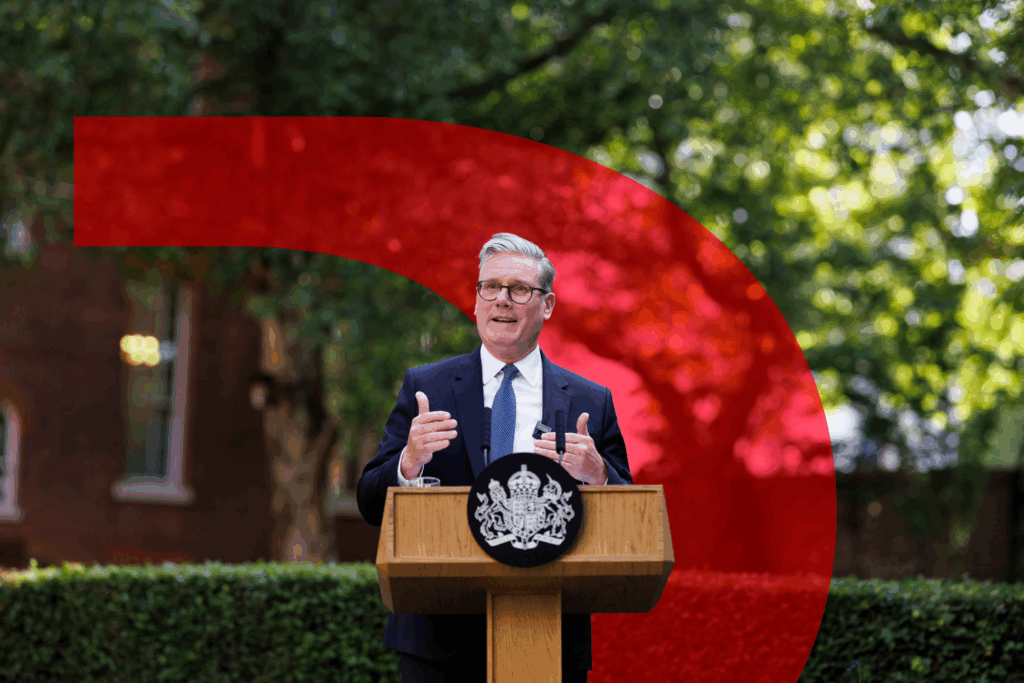The view from Jordan by Nabil Al Sharif, former Minister of State for Communications.
The lightning speed of events in the Middle East and North Africa took both governments and experts by surprise. Analysts had coined the term “the Arab exception” to explain why they believed the region had missed out on democratic reform. Governments were confident that their control over the local media would dampen popular pressure for change. Both were proved badly wrong.
The strictness of these media curbs varied within the region. Some imposed almost total Soviet-style control over their media, which simply repeated official propaganda. Others including Lebanon, Jordan, Kuwait and Morocco permitted journalists to operate in relative freedom. But it is fair to say that, on the whole, the Arab media were largely muzzled and acted mainly as mouthpieces for their governments.
But it was this weakness and lack of credibility which led the region’s young to turn to the unrestricted and democratic world of digital media. Here they discovered not just the freedom to speak their minds without fear but also the power of solidarity and networking. Frustrations were shared, ideas discussed, slogans agreed and solutions hammered out. The result was the springboard for a democratic revolution.
Digital media was the major tool of the new Arab spring. The internet became the medium of young activists to mobilize people against autocratic regimes. Mobile phones conveyed messages and captured photos. Where correspondents were banned, young Arab activists were able to by-pass constraints by sending videos shot by mobile phones to widely – viewed satellite stations like Al-Jazeera.
Twitter became an alternative and powerful news agency. Activists let the world know second by second what was happening in Cairo’s famous Tahrir Square. Facebook gave young people encouragement and a sense of solidarity. YouTube, blogs and citizen journalism empowered young people to challenge the status quo.
Given the role of digital media, it is not surprising that change came fastest in countries with a higher degree of internet penetration. Tunisia and Egypt have well-advanced networks. Countries like Mauritania, which are not well-connected, have remained outside the present upheaval.
Governments, of course, tried desperately to control these new communication channels just as they had the traditional media. But even when internet access was disrupted or completely cut, activists and their supporters found ways round the controls.
So what does this revolution mean for the media in the region and the way governments communicate with their citizens? First it has given a new understanding of the power of communication. Arab governments always knew it was important. But now they have seen how it can topple regimes and change leaderships that had been in power for decades.
Second, it has proved that censorship is obsolete. Satellite television had already broken the state’s monopoly over the media scene but the way digital media has been mobilized during the Arab Spring has dealt it a fatal blow.
Third, governments have realized that it was the failings of state-run media which gave the digital channels of communication such power. We saw, for example, the same accusations of foreign infiltration or Islamic extremists meddling in domestic affairs wherever there were democratic uprisings. At its most extreme, radio and T.V. broadcasters simply resorted to screaming and name-calling as they blamed foreign powers for their alleged roles in events.
Such scare tactics proved highly counter-productive. But the weakness and lack of credibility of the state-run media meant that even governments which were trying to reform found their efforts distrusted. They had difficulty getting their message over when it mattered most.
The result is that that the governments in the region have belatedly realized that it is not enough to be right or doing something positive. You also have to have a credible media and have the ability to use it to tell your side of the story effectively.
So I believe one of the most important outcomes of the Arab Spring has been the destruction of the old media regime and a move towards a new system, based on international standards of professionalism and objectivity. We will see the birth of a new credible and independent media. We will also see investment and effort going into making sure governments can communicate effectively through it with their citizens.
But this brings a new challenge. There can be little tradition of either an independent media or modern government communications methods within the region. Many countries will need specialized help from consultancies to provide the knowledge, skills and training which will be required.
Ending old political structures and toppling autocratic regimes was the easy part .Building a modern media system which protects societies and promotes accountable and good government is perhaps the biggest challenge that emerging democracies in the region now face. And this will need the help of committed and professional experts.
Nabil Sharif has had a distinguished political and media career. He was editor-in-chief of Jordan’s Ad-Dustour Newspaper, was Jordan’s Ambassador to Morocco and has three times served as Minister for Communication. He is now a member of Jordan’s Senate and a senior media consultant.






